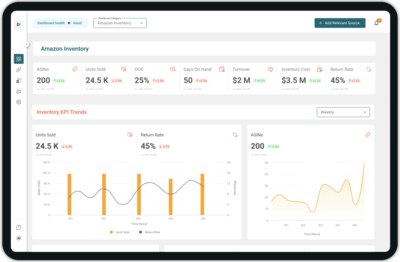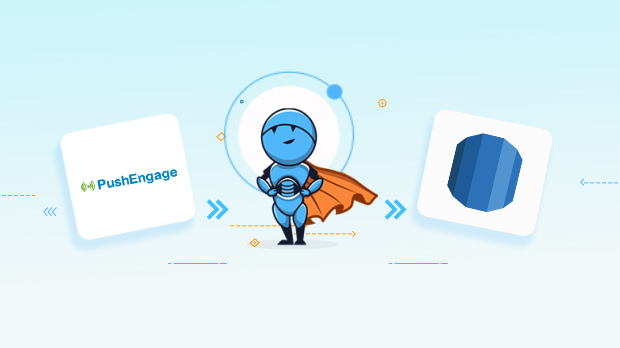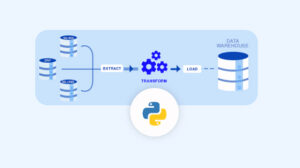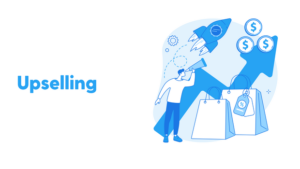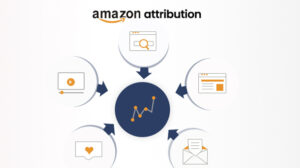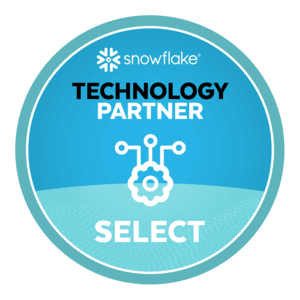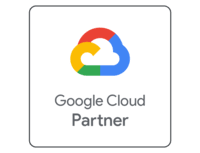Replicate PushEngage to Amazon Redshift in minutes
Are you looking for a quicker way to transfer data from PushEngage to Amazon Redshift? Here is an easy solution for this data migration process using a cloud data pipeline: Daton.
In the competitive digital landscape, it is crucial for eCommerce businesses to harness their data for growth. PushEngage is a source of customer interaction; similarly, there can be responses from emails, ratings on social media sites, Amazon & eBay, SMS, and phone calls. Multiple channels create different data silos. Collecting data from various sources is necessary to get a clear picture of the business. Manual data consolidation is complex, so it delays the decision-making process and gives inaccurate results. Data Savvy eCommerce businesses always integrate data from all sources into a data warehouse using cloud data pipelines.
Why integrate PushEngage to Amazon Redshift?
Today, customer interactions can be gauged using different channels. For example, brands can engage users with WhatsApp, Emails, Social media platforms, SMS, and Chat systems. But Push notification platforms like PushEngage result in better customer engagement and awareness, leading to more satisfied customers. PushEngage produces data like open rates, time, click rates, demography, and campaign performance. If a push notification campaign is running, you need to collect data from the website, payment gateway, and sales database to analyze the campaign deeply.
The manual data integration from different sources for thorough data analysis and reporting can be complex. So, modern businesses use a cloud data pipeline like Daton to consolidate all the data. Daton is an automated cloud data pipeline that easily migrates PushEngage to Amazon Redshift without coding or maintenance. So, make the most of the PushEngage-Redshift connector by obtaining deeper insights into your customer support.
PushEngage Overview
PushEngage is a push notification application designed for mobile and websites. The platform helps to send automatic web push messages. You can segment target audiences based on custom criteria. PushEngage allows the user to create personalized notifications based on the segmentation. The single-step opt-in has made customer registration and subscription easier. It supports Firefox and Google Chrome browsers on all versions. PushEngage supports triggered campaigns like Price Alerts, Cart Abandonment, and Browse Abandonment based on user interactions.
Amazon Redshift Overview
Amazon Redshift is the most popular data warehouse to offer a cloud-native, petabyte-scale service. The software provides a query engine for all users allowing SQL-based querying and a host of business intelligence tools to connect with the service. Amazon Redshift is built on a scalable infrastructure, that supports big data and massive workloads. The powerful management console enables connections from any SQL client. Amazon Redshift service also supports REST APIs allowing developers to work in real-time with simple API calls. It is compatible with several BI and visualization tools.
How to replicate PushEngage to Amazon Redshift?
There are two ways in which you can replicate PushEngage to Amazon Redshift.
Build Your data pipeline – Building an in-house data pipeline needs a lot of experience, time and manpower with higher chances of errors. You need to extract data using PushEngage APIs & then connect it properly with the Amazon Redshift data warehouse.
Use Daton to integrate PushEngage & Amazon Redshift – Using Daton to integrate PushEngage & Amazon Redshift is the fastest & easiest way to save your time and efforts. Leveraging an eCommerce data pipeline like Daton simplifies and accelerates the time to build automated reporting to a great extent.
Configuring data replication on Daton only takes a few minutes and a few clicks. Analysts do not have to write any code or manage any infrastructure, yet they can get access to their PushEngage data in a few hours. Daton’s simple and easy-to-use interface allows analysts and developers to use UI elements to configure data replication from PushEngage data into Amazon Redshift.
Daton takes care of:
- Authentication
- Rate limits,
- Table creation, deletion & reloads
- Refreshing access tokens,
- Sampling,
- Historical data load,
- Incremental data load,
- Notifications
and many more important features for data analysts to focus on analysis rather than worry about data replication.
Steps to Integrate PushEngage with Daton

- Sign in to Daton
- Select PushEngage from the Integrations page
- Provide Integration Name, Replication Frequency, and History. Integration name would be used in creating tables for the integration and cannot be changed later
- You will be redirected to PushEngage login for authorizing Daton to extract data periodically
- Post successful authentication, you will be prompted to choose from the list of available PushEngage accounts
- Select required tables from the available list of tables
- Then select all required fields for each table
- Submit the integration
For more information, visit PushEngage Connector.
Sign up for a trial of Daton Today!
Here are more reasons to explore Daton for PushEngage to Amazon Redshift Integration
- Faster Integration of PushEngage to Amazon Redshift– PushEngage to Amazon Redshift is one of the integrations Daton can handle very fast and seamlessly. By following few steps, you can easily connect PushEngage to Amazon Redshift.
- Robust Scheduling Options: allows you to schedule jobs based on their requirements using a simple configuration step.
- Low Effort & Zero Maintenance – Daton automatically takes care of all the data replication processes and infrastructure once you sign up for a Daton account and configure the data sources. There is no infrastructure to manage or no code to write.
- Data consistency guarantee and an incredibly friendly customer support team ensure you can leave the data engineering to Daton and focus instead of analysis and insights!
- Enterprise grade data pipeline at an unbeatable price to help every business become data driven. Get started with a single integration today for just $10 and scale up as your demands increase.
- Support for all major cloud data warehouses including Google Bigquery, Snowflake, Amazon Redshift, Oracle Autonomous Data Warehouse, PostgreSQL and more.
- Flexible loading options allows to you optimize data loading behavior to maximize storage utilization and easy of querying.
- Enterprise grade encryption gives your peace of mind
- Support for 100+ data sources – In addition to PushEngage, Daton can extract data from a varied range of sources such as Sales and Marketing applications, Databases, Analytics platforms, Payment platforms and much more. Daton will ensure that you have a way to bring any data to Amazon Redshift and generate relevant insights.
For all sources, check our data connectors page.
Other Articles by Saras Analytics,


